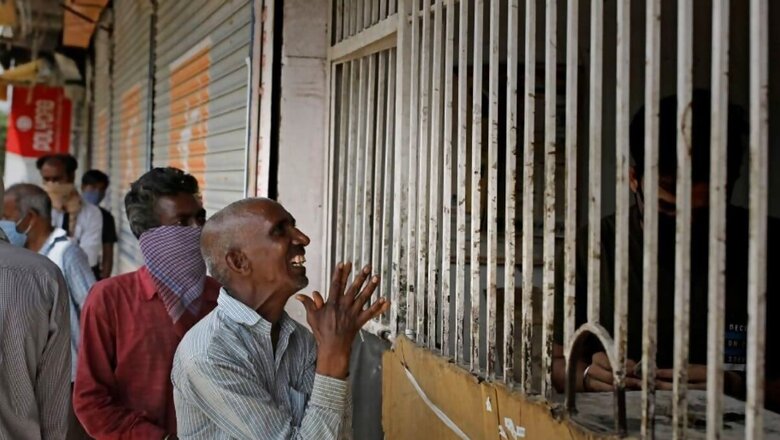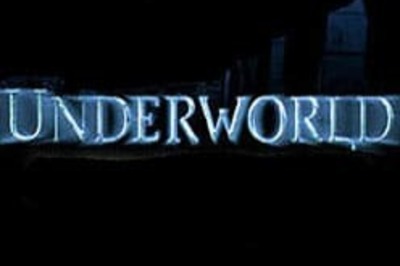
views
Several states across the country including Delhi, Karnataka, Haryana, Punjab, Tamil Nadu, Goa, and Kerala are exploring the possibility of home delivery for liquor. The initiative could potentially be facilitated through popular delivery platforms such as Swiggy, BigBasket, and Zomato. While some say that home delivery could provide convenience and ease of accessibility, the proposal has sparked opposition and debate among various groups.
The discussion comes amid a notable rise in alcohol consumption in India. Per capita consumption has grown from 1.6 litres in the 2003-2005 period to 2.2 litres by 2010, and further increased to 5.5 litres in the 2016-2018 period.
How Significant Is India’s Liquor Market Globally?
India ranks as the sixth-largest liquor market in the world, generating revenues of approximately $52 billion. A 2019 survey by the Ministry of Social Justice and Empowerment revealed that in 2018, approximately 16 crore individuals aged 10-75 years used alcohol in India. Among them, around 5.7 crore were regular consumers. Every year, around 3 lakh people die in the country due to alcohol consumption.
What Are the Arguments in Favour of Doorstep Delivery of Alcohol?
Advocates for doorstep delivery of alcohol put forth several compelling arguments. One key point is that it could significantly boost excise duty revenues for both central and state governments. This additional revenue could be utilised for public welfare initiatives. Another argument is that doorstep delivery might help reduce drunk driving incidents. By eliminating the need for individuals to travel to purchase alcohol, it could lower the rates of alcohol-related road accidents and injuries. In India, alcohol is a contributing factor in 6-48% of fatal road accidents, highlighting the importance of this potential benefit.
Additionally, supporters claim that doorstep delivery could enhance safety for female consumers. Evidence from Kerala suggests that the closure of bars has led to a reduction in violence against women. Furthermore, by minimising the need for women to visit liquor stores or bars, it could potentially decrease their exposure to dangerous situations. However, critics counter that this model might create safety concerns for women living alone or with other women, as it could expose them to risks from delivery personnel.
In Which States is Home Delivery of Alcohol Legally Permitted?
As of July 2024, home delivery of alcohol is legally permitted only in Odisha and West Bengal.
Which States Are Now Considering Home Delivery of Alcohol?
Several other states, including New Delhi, Karnataka, Haryana, Punjab, Tamil Nadu, Goa, and Kerala, are actively considering the introduction of home delivery services. These states are evaluating the possibility of using platforms such as Swiggy, BigBasket, and Zomato to deliver low-alcohol beverages like beer, wine, and liquor. Liquor companies have also been advocating for the government to approve this model.
What Is the Legal Drinking Age?
The legal drinking age varies from state to state, ranging from 18 to 25 years. In states such as Goa, Rajasthan, Himachal Pradesh, Karnataka, Sikkim, and Puducherry, individuals can legally consume light beer starting at age 18. Many other states, including Uttar Pradesh, Andhra Pradesh, Arunachal Pradesh, Assam, Chhattisgarh, West Bengal, Tamil Nadu, Telangana, Jharkhand, and Madhya Pradesh, set the minimum drinking age at 21.
Kerala stands out with a legal drinking age of 23, having recently increased it from 21. Meanwhile, Maharashtra, Chandigarh, Meghalaya, and Punjab have established the legal drinking age at 25 years.
Which States Have a Complete Ban on Alcohol?
The consumption of alcohol is completely prohibited in Bihar, Gujarat, Nagaland, Mizoram, and the Union Territory of Lakshadweep. Additionally, there is a partial ban on alcohol in certain districts of Manipur. All other states permit the consumption of alcohol.
In Which State Does the Government Itself Sell Alcohol?
Under the Seventh Schedule of the Indian Constitution, alcohol regulation falls under the State List. Typically, alcohol is sold through private liquor shops, restaurants, hotels, bars, pubs, clubs, and discos. However, in Kerala and Tamil Nadu, the government manages the sale of alcohol through state-operated shops, rather than private vendors.
What Is the Legal Limit for Alcohol Consumption While Driving?
In India, the legal limit for blood alcohol content (BAC) while driving is 0.03%, or 30 milligrams of alcohol per 100 milliliters of blood. This is roughly equivalent to one standard drink or less.
What Are the Consequences of Driving Under the Influence of Excessive Alcohol?
Following amendments to the Motor Vehicles Act approved by the Union Cabinet on March 1, 2012, individuals caught driving under the influence of excessive alcohol may face fines ranging from Rs 2,000 to Rs 10,000. Additionally, offenders could be imprisoned for a period ranging from 6 months to 4 years, depending on the level of alcohol detected in their blood.
What Are Dry Days?
Dry days are specific days when the sale and consumption of alcohol are prohibited in public. Dry days typically include national holidays such as Republic Day (January 26), Independence Day (August 15), and Gandhi Jayanti (October 2). Dry days are also enforced during elections.

















Comments
0 comment